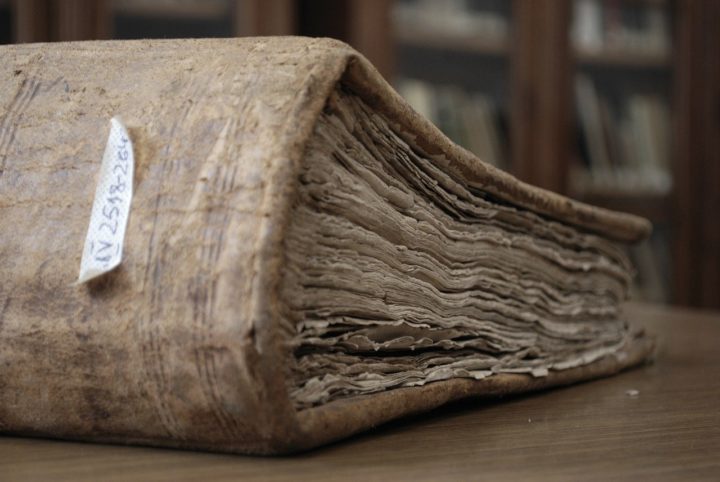
Literature is everlasting approach of human mind to reflect human affairs in form of legacies
Zeeshan Ali Zardari
Literature is one of the primitive things prevailing across the globe, ranging from era to era. No other thing is compatible to literature which has served such consistency within the context of time. Literature within every era or within every period of time has pursued with a versatile and unique legacy. It would be considered in terms of credibility, that literature ensue required and needed legacies of each as the requisition of hour. However, through the demarcated genres, literature preceded with chosen genre to function and yield with intended results. Hence, every genre, in terms of fiction and non-fiction, has retrieved with glorious outcomes. Meanwhile, the literary figures have also played a towering role sustaining the literary legacy in according terms.
According to William J. Long, universality with respect to appealing human interest and human emotions is known as one of the specified legacy of literature.
Literature is one of the most interesting and significant expressions of humanity
Concerning Long, the absolute infrastructure of literature is based on these two fundamentals, whilst these respective merits remain stagnant with alteration of intensity and functions. The epicenter legacy of literary productions and compositions is human affairs, varying time to time and age to age. This enroots literary legacy in universal terms, as the human affairs and chores are universal functioning differently. These two things serve as elementary stances, for creating and sustaining the legacy of literature.
Adding P.T Barnum’s words, ‘Literature is one of the most interesting and significant expressions of humanity’, this statement terms literature as mainstream source, through which humans do express unanimously. Additionally, the genres of literature maintain this legacy, through altering the taste and quality of expressions. The fiction and non-fiction mediums have two different capacities to express and to reflect the humane interest accompanied with humane emotions, followed by the bent of writer as well. While this legacy to express have always a unique and distinctive corner. It depends on the era that what must be reflected through the medium of literature. The literary figures do adopt needed things to reflect and express in form of genre. Hence one very prominent point, to enlighten is that, whenever the legacy of literature changes, the era also changes, and new legacy with another set of challenges surfaces for literature. For instance, Humanism was sole legacy of Renaissance, Morality was core legacy of Victorian era and Criticism was central legacy of Modernism.
Eminently, literature means to reflect, and later on, that reflection becomes the legacy to be followed and perpetuated. In addition to that, history records the respective legacy as of foundational importance. Generations onward do adopt and percept the legacies of literature variedly. Meanwhile, through the adoption of legacies in various times, yields with certain purpose also. Conclusively, literature is everlasting approach of human mind to reflect human affairs in form of legacies.
_________________
Zeeshan Zardari S/O Aijaz Ali, hailing from Village Kod Khan Zardari, Taluka Shahdadpur. District Sanghar, is a student of Literature, at Shaheed Benazir Bhutto University Nawabshah Sindh